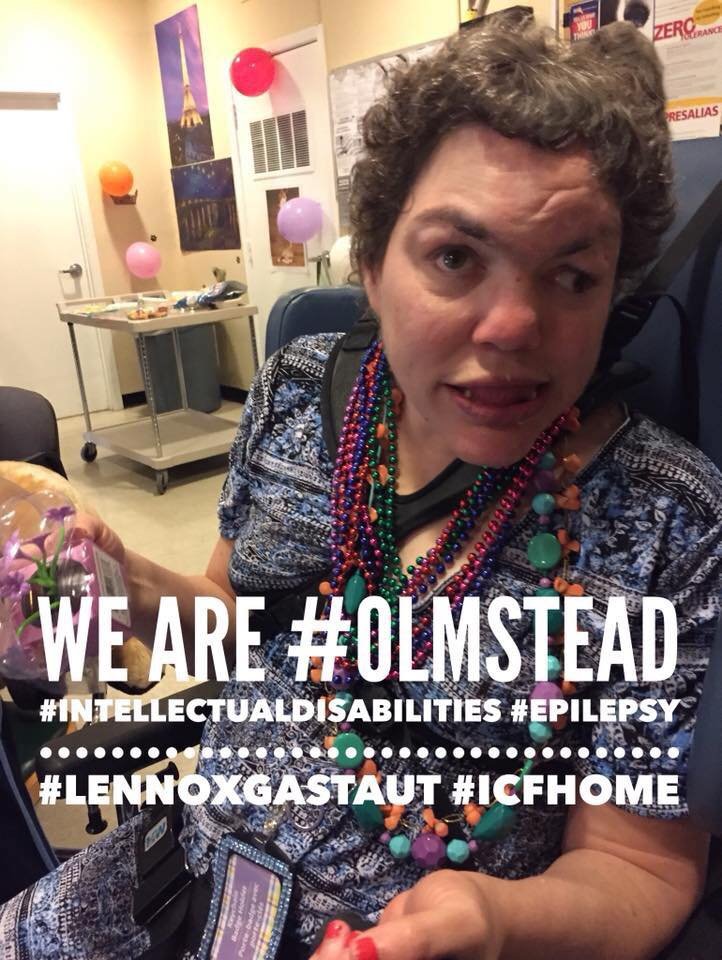@joethepleb
@RepToniRoseTX
@RepJamesFrank
@GinaForAustin
@travisfortexas
@RepRickMiller
@candynoble
@TerryforTexas


ICFs/IID are a critical part of a range of services that a state must provide to meet the needs of
the diverse community of people with #IDD
individuals who desire and require a higher level of care for whom “institutions” must remain
available. Olmstead also states that the wishes of individuals are paramount in determining
residential placement.
repeated throughout #Olmsteadʼs majority opinion as follows:
placement is appropriate, the transfer from institutional care to a less restrictive setting is not
opposed by the affected individual...
of persons with diverse mental disabilities, and the Statesʼ obligation to administer services with an
even hand.”
institutional settings for persons unable to handle or benefit from community settings...
any federal requirement that community-based treatment be imposed on patients who do not desire
it.”
placing patients in need of close care at risk...Nor is it the ADAʼs mission to drive States to move
institutionalized patients into an inappropriate setting...”
persons, 👏institutional 👏settings 👏are 👏needed 👏and 👏must 👏remain 👏available.”
community-based treatment for persons with mental disabilities when the Stateʼs treatment
professionals determine that such placement is appropriate...
such treatment, and the placement can be reasonably accommodated, taking into account the
resources available to the State and the needs of others with mental disabilities.”
joined:
1990 (ADA) to be interpreted so that States had some incentive, for fear of litigation...
need of medical care and treatment out of appropriate care and into settings with too little assistance
and supervision.”
“Justice Ginsburgʼs opinion takes account of this background. It is careful, and quite correct, to say
that...
inappropriate setting...”
“In light of these concerns, if the principle of liability announced by the Court is not applied with
caution and circumspection...
placing marginal patients into integrated settings devoid of the services and attention
necessary for their condition.”



